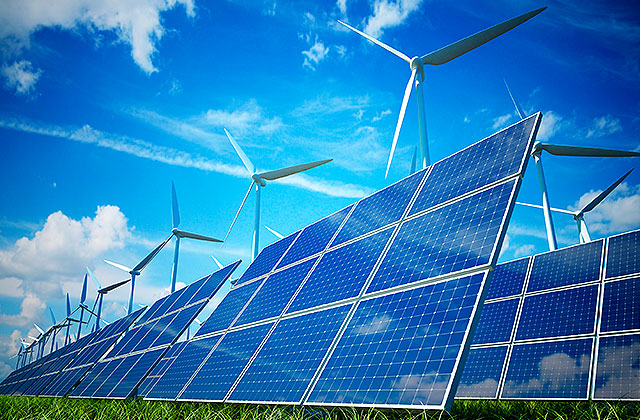WDC Networks, traditionally a supplier of IP and wireless equipment for telecommunication operators and internet service providers (ISPs) in Brazil, is entering the local solar energy market amidst the economic woes stemming from the COVID-19 pandemic.
The company admitted the timing was not ideal, but plans to assemble and distribute solar panel kits had been in the works since 2019, when no one could foresee such a crisis.
“We’ve been working on this since October, selecting suppliers and partners. The process went through the launch of a new unit and the construction of a distribution center. Unfortunately, the crisis came. We believe that the energy market will feel the hit a little bit, as everyone else, but in the end it will bounce back and remain as strong as it is,” André de Paula Souza, head of WDC’s solar unit, told BNamericas.
WDC invested 5mn reais (US$950,000) to build a warehouse. Its revenue-target is 100mn reais for year one, with sales aimed at engineering, procurement and construction companies, as these are in charge of building solar parks.
The warehouse is in Extrema region, Mato Grosso state, and will be opened in May, with first deliveries expected for June. Unusually, WDC is hiring warehouse and logistics personnel in plain crisis.
The challenges are immense. For example, the weak real is pushing up costs for equipment and component imports.
And three of the power equipment suppliers don’t manufacture in Brazil. WDC receives equipment from Canadian Solar and German firms AE Solar and SMA, in addition to Brazil’s Fronius.
According to de Paula Souza, WDC could import high quantities, sign first sale contracts, and install solar plants before the worst of the currency crisis hit. But he admitted the company “will suffer a lot” under the strong dollar.
Plus, the economic crisis will hit demand and (potential) clients could freeze spending plans.
In a recent seminar, industry representatives said the reduction in power consumption due to the pandemic is causing financial problems for distributors, as they are left with over-contracted supply.
The main option the government is considering to help these companies is offering credit that would be paid over the long term by consumers via rising electricity rates.
But silver linings and opportunities still exist.
According to industry association ABsolar, installed solar energy capacity jumped 44% in 2019, reaching 3.3GW.
Furthermore, the country went from 350MW in distributed solar power generation in September 2018 to 500MW in January 2019 – and foreign companies want a slice of the growing market.
Yet, the solar market remains underdeveloped in Brazil. WDC expects to grab a piece of it by leveraging its distribution network and its relationship with ISPs.
The company wants to convince these players of the opportunities that come with selling solar equipment combined with telecom connectivity, eyeing the equally underdeveloped niche of smart homes.
“The other major objective of this project is to popularize home automation in Brazil,” de Paula Souza said.
He also believes that WDC’s subscription-based business model with recurring revenues will become more widespread after the pandemic.






